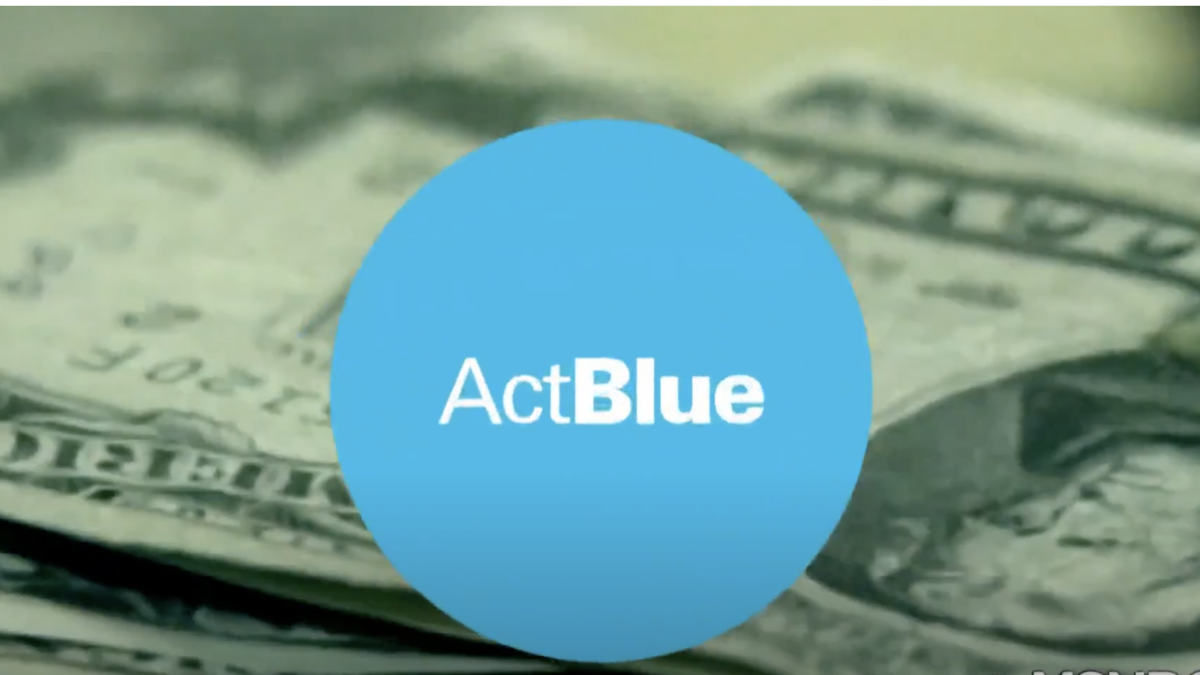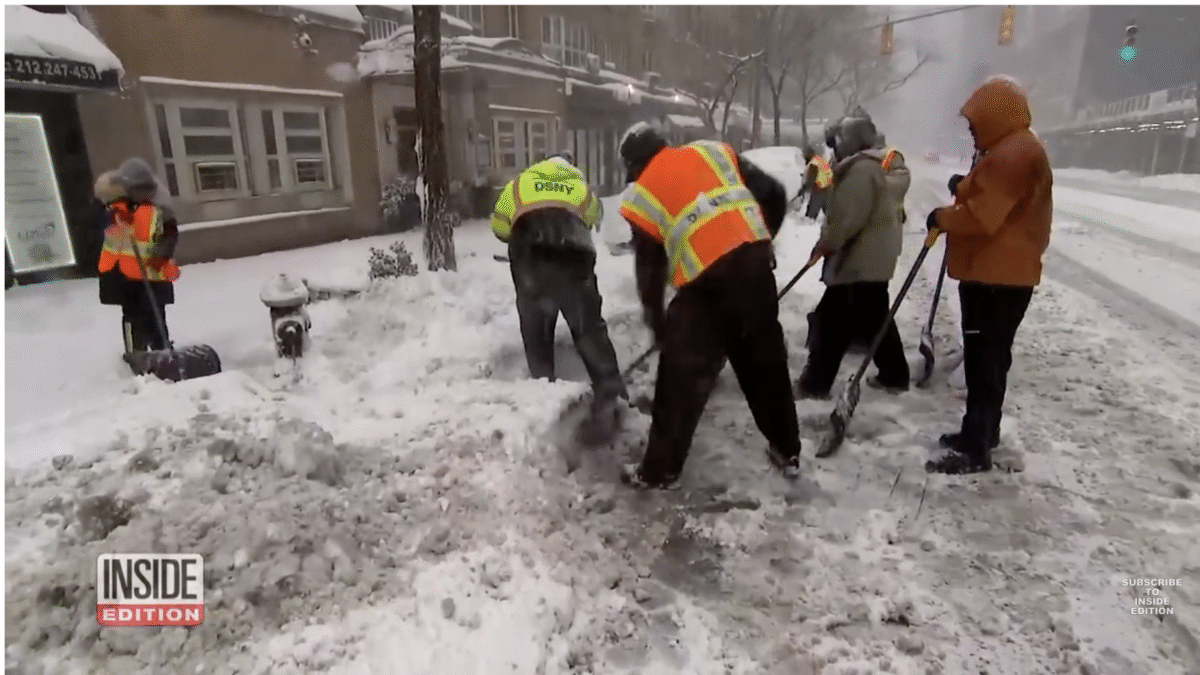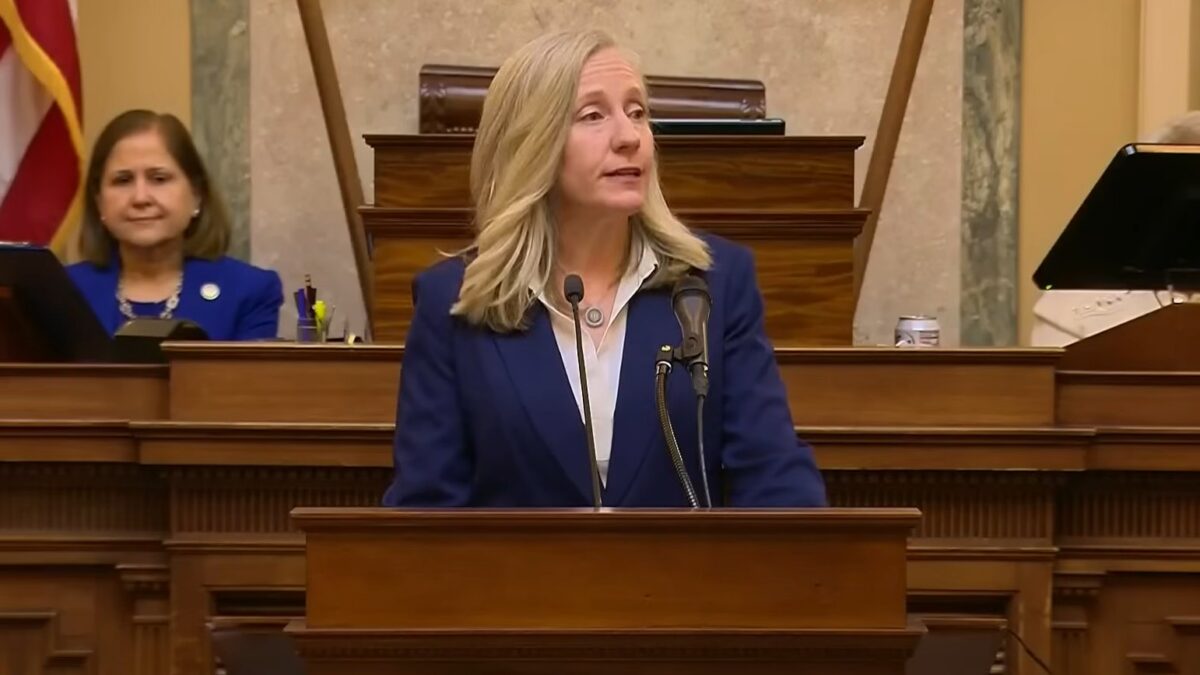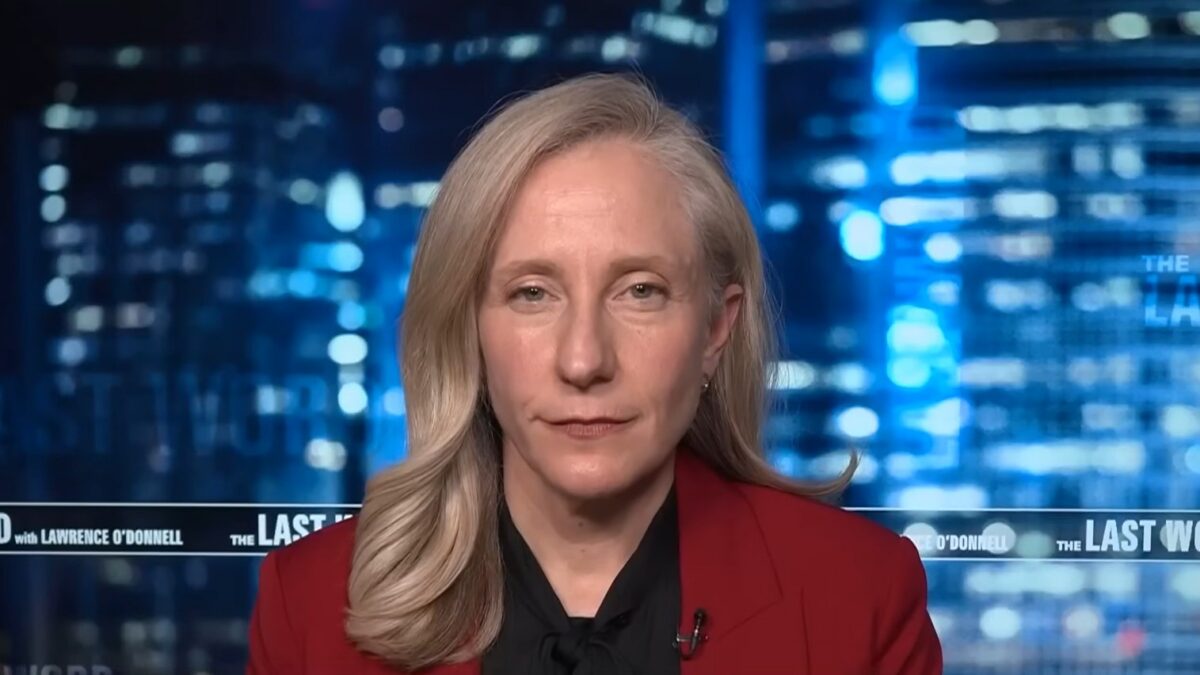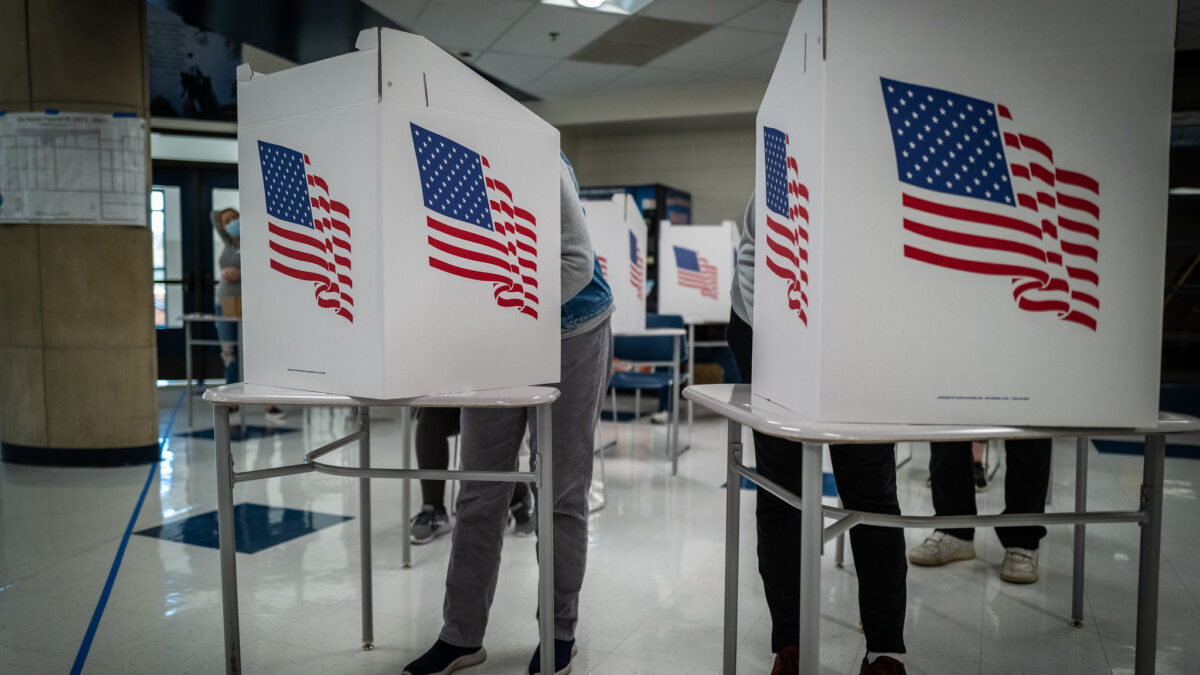It was a political fundraising tsunami.
A day and a half after President Joe Biden announced he was ending his run for a second term, his vice president and presumed successor reportedly had raked in an eye-popping campaign contribution haul — north of $100 million. Within the first 24 hours, Kamala Harris’ campaign had reported more than $80 million in donations, record-smashing numbers all around.
At the end of July, just 11 days after Biden dropped out and endorsed Harris, the Democratic Party’s new standard bearer had raised an incredible monthly total of $310 million, according to the Harris campaign, more than tripling the cash the Biden-Harris campaign had on hand.
It wasn’t just unprecedented. It was curious. Harris, one of the most unpopular vice presidents in U.S. history with an executive record more laughable than the word salad sentences she’s tossed over her undistinguished tenure, had instantaneously transformed into a political titan. From buffoon to “brat,” at least on the fundraising cash count.
Maybe the cash bonanza was just a case of Kamala fever, an incredible wave of enthusiasm for the old “border czar” after the 81-year-old, cognitively diminished Biden finally stepped aside. Or, “Weeks of pent-up Democratic panic” giving way to a “historic flood” of campaign donations, from some 1.1 million donors in the first 41 hours alone, as The Washington Post put it.
Maybe.
Or just maybe, as some allege, the massive haul was assisted by “fraudulent, deceptive, and potentially illegal behavior” by the Democratic Party’s fundraising platform, ActBlue. Several Republican lawmakers, including U.S. Rep. Bryan Steil, R-Wis., and Rep. Claudia Tenney, R-N.Y., are taking a closer look at allegations of “smurfing” — a cute blue way of describing political money laundering — ahead of a five-alarm presidential election.
Steil, chairman of the House Committee on Administration, says that at the very least “negligent identity security practices involving the use of credit, prepaid, and gift cards for political donations could enable bad actors to circumvent” election integrity laws. Some allege the deed has already been done for myriad Democrat campaigns.
But getting feckless federal election regulators to investigate and hold anybody accountable may be a tall order in the current political climate.
Money Laundering by Any Other Name
In criminal circles, they call it smurfing. It’s the practice of breaking up large transactions into smaller ones — little like the Smurfs, the blue cartoon creatures that inhabited Saturday morning TV screens in the 1980s. The illicit goal of smurfing is to get around current banking regulations requiring financial institutions to report transactions exceeding $10,000 through federal suspicious activity reports (SAR). It’s money laundering by any other name, and it’s often conducted over many accounts.
In campaign finance land, smurfing entails “breaking up large-scale donations in a way that disguises who the money is actually coming from, so the contribution limits on how much money can be donated to a particular candidate can be skirted,” explained former Federal Election Commission member Hans von Spakovsky in a recent column for Fox News.
“It may involve widespread mail and wire fraud and the fraudulent use of the identities of unwitting members of the public to violate federal and state campaign finance laws,” von Spakovsky, a Heritage Foundation election law expert, notes.
U.S. Sen. Marco Rubio, who was among the first to raise alarms about ActBlue, asserted on Turning Point Action Charlie Kirk’s podcast in July that the Democrat fundraising machine “has become a money laundering operation.”
ActBlue is a fundraising Colossus. The platform has hauled in more than $14.6 billion in contributions since it launched 20 years ago, on par with the gross domestic product of the country of Moldova.
‘Multiple Serious Allegations’
Earlier this month, Virginia Attorney General Jason Miyares sent a letter to ActBlue officials demanding answers about accusations that donors have been making “multiple daily contributions over the course of multiple years amounting to tens of thousands of dollars in aggregate.”
“My office has become aware of multiple serious allegations that ActBlue, ActBlue Civics, Inc., and ActBlue Charities, Inc. (together ‘ActBlue’) have engaged in fraudulent, deceptive, and/or otherwise illegal activities in the Commonwealth of Virginia and/or have aided and abetted others in doing so,” Miyares wrote. “This includes hundreds of thousands of dollars of contributions through individual donors in the Commonwealth in volumes that are facially implausible and appear suspicious.”
In Virginia, as elsewhere, there have been reports of senior citizens, who are listed as “retired” or not employed and at “suspicious addresses,” contributing significant amounts to Democrats and liberal causes, the attorney general asserts. He said it appears donations may have been made without the knowledge or consent of Virginia residents.
In a statement posted on X, ActBlue officials assert the platform is the victim of a “years-long disinformation and harassment campaign targeting ActBlue based on frivolous and false accusations.”
“This investigation is nothing more than a partisan political attack and scare tactic to undermine the power of Democratic and progressive small-dollar donors,” the statement added. “We welcome the opportunity to respond to these frivolous claims.”
ActBlue did not respond to The Federalist’s request for comment.
Last week, Miyares gave ActBlue more time to respond to his questions.
“ActBlue responded and is cooperating. The inquiry is ongoing. We do not have any further comment,” Chloe Smith, press secretary for the Virginia AG’s office told The Federalist in an email response.
‘Urgent Concern’
Congressional committees, too, are looking into ActBlue’s activities.
Steil earlier this month announced the House Administration Committee was expanding its investigation into the Democratic fundraising platform. The Wisconsin congressman also sent a letter to the Federal Election Commission asking commissioners to start an emergency rulemaking proceeding requiring political campaigns to verify online donors’ Card Verification Value (CVV) and “to prohibit political committees from accepting online contributions from gift cards” or other prepaid credit and debit cards.
Last year, ActBlue confirmed it did not require a CVV to donate on its platform. It has since reportedly changed that policy. On Aug. 8, Texas Attorney General Ken Paxton issued a press release announcing that ActBlue now requires the codes. Paxton opened an investigation into the platform in December. Rubio introduced a bill back in 2022 demanding fundraising platforms require CVV codes to donate. The bill has gone nowhere in the Democrat-controlled Senate.
Questions and concerns persist. Are individuals and groups, including foreign actors, using prepaid credit cards to fraudulently schedule donations in someone else’s name? Are straw donors making donations in individuals’ names without their knowledge or consent? Sources have contacted the Administration Committee complaining that their information has been fraudulently used.
As of this week, the FEC had not responded to Steil’s letter. The committee held a briefing with the commission last week. Don’t expect the six-member FEC, made up of three Republicans and three Democrats, to resolve this serious campaign finance issue or any other. It has been effectively impotent for years.
Steil has asked the U.S. Treasury Department’s Financial Crimes Enforcement Network to investigate the matter and for a briefing next month on “an urgent concern regarding potential illicit election funding, possibly by foreign actors.”
“Negligent identity security practices involving the use of credit, prepaid, and gift cards for political donations could enable bad actors to circumvent laws designed to protect the integrity of our elections,” Steil wrote in the letter, dated Aug. 16. In it, the chairman raised concerns that the agency “has not provided the necessary guidance to financial institutions in regard to potential illicit campaign contributions.”
In his column, von Spakovsky wrote that investigations are the only way to get at the truth.
“That means both the FEC and the Justice Department – and state attorneys general under applicable state fraud laws – need to get busy, including talking to the donors listed in the filed reports to see if they actually made these donations and were not barred from making them,” the former FEC commissioner wrote.
